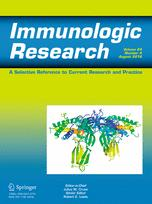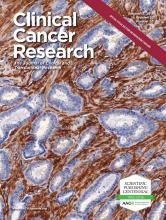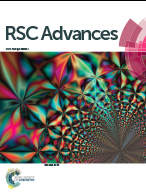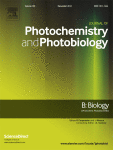 A retracted study linking the vaccine for human papillomavirus (HPV) to behavioral problems in mice has been republished by a different journal.
A retracted study linking the vaccine for human papillomavirus (HPV) to behavioral problems in mice has been republished by a different journal.
The paper has been significantly revised, an author told us, but it still comes the same conclusions.
In February, the journal Vaccine temporarily removed the study without explanation, and told the authors the editor had asked for further review. Later that month, Vaccine retracted the paper, citing “serious concerns regarding the scientific soundness of the article,” and “seriously flawed” methodology.
In July, another journal — Immunologic Research — republished the paper. The new version of the paper has been significantly changed, co-author Christopher Shaw from the University of British Columbia (UBC) told Retraction Watch:







 A new analysis of retractions from Korean journals reveals some interesting trends.
A new analysis of retractions from Korean journals reveals some interesting trends.